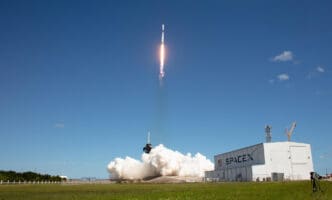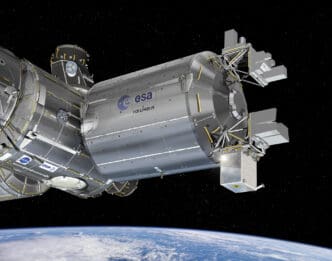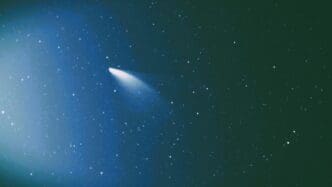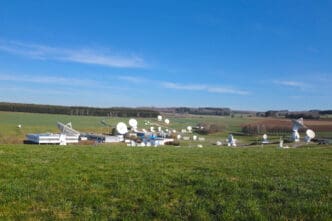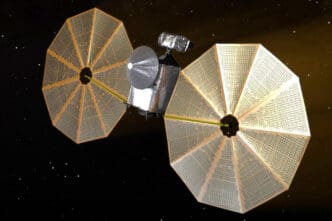Have you ever wondered how electronics survive in the extreme cold of the lunar surface? NASA’s upcoming workshop aims to unravel this mystery. From April 30 to May 1, 2025, the NASA Jet Propulsion Laboratory will host a unique gathering of minds to explore cold electronics.
This workshop isn’t just about presentations; it’s an interactive agenda designed for both virtual and in-person attendees. Participants will delve into the current state of cold electronics, identifying gaps, sharing cutting-edge research, and uncovering new technologies that could revolutionize lunar missions.
How to Attend
Attending the workshop is easy. Hosted by NASA Jet Propulsion Laboratory, you can join virtually or in person. All you need is to register beforehand. Virtual attendees will receive the connection details a week prior. It’s the perfect opportunity to engage with experts and innovators in the field.
Background, Goals, and Objectives
NASA’s Engineering and Safety Center is spearheading an assessment of cold-capable electronics for future lunar missions. The goal is straightforward: enable electronics to function in harsh lunar climates without thermal management for up to 20 years. This includes shadowed regions and equatorial zones. There’s a focus on leveraging existing state-of-the-art technologies to meet lunar demands.
The assessment involves capturing the current state of cold electronics across NASA, academia, and industry. It seeks to analyze applications and challenges within lunar environments, providing guidance for selecting and evaluating appropriate electronic technologies. Capturing this data helps identify gaps between existing capabilities and mission requirements.
The preliminary findings will be shared three weeks before the workshop. Attendees are encouraged to familiarize themselves with these insights, which will form the backbone of the workshop discussions. From identifying overlooked technologies to proposing improvements, attendees play a vital role in shaping future advancements.
Preliminary Agenda
The workshop kicks off with introductions by Y. Chen, setting the stage for a series of focused discussions. Each session, from environmental considerations presented by R. Some to energy storage insights shared by E. Brandon, promises to be informative and engaging.
Day one covers topics like custom electronics and power architecture, ensuring a comprehensive understanding of the electronic landscape for lunar missions. Expect to hear from experts like M. Mojarradi and J. Yang-Scharlotta.
Day two is reserved for in-depth analysis and collaborative discussions. Participants will reflect on key findings and discuss concepts for future work. This day provides a platform for industry leaders and developers to share insights, pushing the boundaries of what’s possible in lunar technology.
Points of Contact
Questions about the event? Reach out to Roxanne Cena or Amy K. Wilson. They’re on hand to assist with any queries you might have, ensuring a smooth experience for all participants.
Don’t hesitate to connect with them for further information or if you require specific details regarding the workshop agenda.
Share
Sharing the knowledge gained at the workshop is crucial. Participants are encouraged to disseminate findings within their networks, fostering a wider understanding of cold electronics in space exploration.
The collaborative insights gained from this workshop could pave the way for technological advancements that benefit NASA’s future missions.
Related Terms
Familiarize yourself with key terms such as NASA Engineering and Safety Center, which plays a pivotal role in the workshop’s objectives.
Understanding these terms is essential for any professional keen on exploring the nuances of cold electronics.
Explore More
The Lunar Cold Electronics Workshop isn’t the only event NESC is hosting. Explore ongoing technical activities to gain a broader perspective.
Engage with other initiatives such as the Mechanical Systems TDT Support and the Heat Shield Investigation to stay informed on NASA’s multifaceted projects.
Discover Related Topics
Engage with related topics like Missions, Humans in Space, Climate Change, and the Solar System.
These subjects provide context and depth to the discussions at the workshop, enriching your overall understanding of NASA’s objectives.
Social Media and Updates
Stay updated with NASA’s latest activities and missions by following their social media channels. Engage with like-minded enthusiasts and professionals who share your passion for space exploration.
This workshop is a stepping stone for advancing electronic technology in lunar missions. By engaging with experts and sharing knowledge, we’re closer to achieving long-term sustainability in space exploration.



